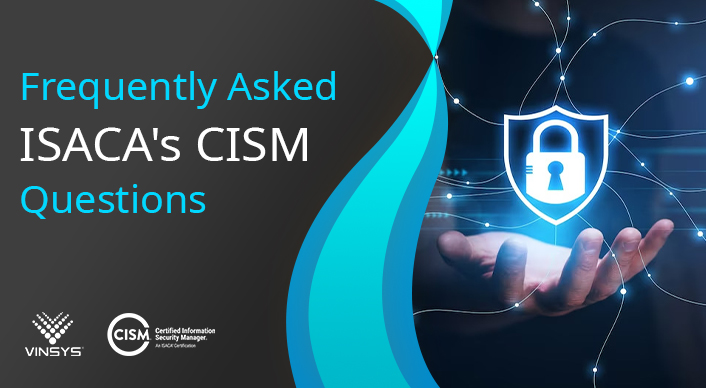In today’s fast-paced and competitive business landscape, traditional marketing approaches can be costly, time-consuming, and less effective. That’s where Lean-marketing comes in. Lean marketing is a strategic approach that focuses on maximizing efficiency, optimizing resources, and driving meaningful results. In this article, we will explore the key principles and strategies of Lean marketing and how they can benefit your business.
- Customer-Centric Approach:
At the core of Lean-marketing is a customer-centric mindset. It involves deeply understanding your target audience, their needs, preferences, and pain points. By conducting thorough market research, gathering customer feedback, and analyzing data, you can develop a clear understanding of your customers and tailor your marketing efforts to meet their specific needs. This targeted approach minimizes wasteful spending on reaching uninterested or irrelevant audiences.
- Test and Iterate:
Lean marketing encourages a culture of experimentation and continuous improvement. Instead of investing heavily in long-term marketing campaigns without sufficient data, lean marketers adopt a test-and-iterate approach. They launch small-scale campaigns, measure results, gather insights, and make data-driven decisions. This iterative process allows for quick adjustments and optimization based on real-time feedback, ensuring that marketing efforts are focused on what works best.

- Embrace Digital Channels:
Digital channels offer tremendous opportunities for lean marketing. They provide cost-effective platforms for reaching targeted audiences, measuring performance, and optimizing campaigns in real time. Embrace digital marketing channels such as social media, search engine optimization (SEO), content marketing, email marketing, and pay-per-click (PPC) advertising. These channels allow for precise targeting, efficient budget allocation, and rapid iteration to maximize results.
- Content Marketing:
Content marketing is a key component of marketing. By creating valuable and relevant content, you can attract, engage, and retain your target audience. Content can take various forms, including blog posts, videos, infographics, podcasts, and e-books. Focus on delivering high-quality content that addresses your audience’s pain points, provides solutions, and establishes your business as a trusted authority in your industry. Content marketing builds brand awareness, drives organic traffic, and nurtures long-term relationships with customers.
- Agile Project Management:
Adopting agile project management principles can enhance Lean-marketing efforts. Break down marketing initiatives into smaller tasks or sprints, set clear objectives, and prioritize activities based on impact and feasibility. Regularly review and adjust marketing strategies based on performance metrics and feedback. Agile methodologies enable marketers to respond quickly to changing market dynamics, make data-driven decisions, and allocate resources efficiently.
- Collaboration and Data-Driven Insights:
Lean-marketing thrives on collaboration and leveraging data-driven insights. Foster cross-functional collaboration between marketing, sales, customer service, and other relevant teams. Share knowledge, align goals, and leverage collective expertise to optimize marketing efforts. Use data analytics tools and metrics to track key performance indicators, identify trends, and gain actionable insights. These insights empower marketers to make informed decisions, optimize campaigns, and drive continuous improvement.
- Focus on Key Channels and Tactics:
In lean marketing, it’s essential to focus on key channels and tactics that deliver the highest impact. Instead of spreading resources thinly across numerous channels, identify the channels that resonate most with your target audience and align with your business objectives. Allocate resources, time, and effort to optimize these channels and tactics, ensuring maximum efficiency and effectiveness.

In conclusion, Lean marketing provides a transformative approach to modern marketing that focuses on efficiency, effectiveness, and customer-centricity. By understanding your target audience, conducting thorough market research, and leveraging data-driven insights, you can tailor your marketing efforts to meet specific customer needs. Embracing digital channels and content marketing allows you to reach and engage your audience in a cost-effective and targeted manner.
The test-and-iterate approach of Lean-marketing enables continuous improvement by testing small-scale campaigns, gathering feedback, and making data-driven decisions. Agile project management principles ensure flexibility and adaptability in an ever-changing marketing landscape. By focusing on key channels and tactics that deliver the highest impact, you can optimize resource allocation and maximize results.
Collaboration across teams and leveraging data-driven insights foster informed decision-making and effective campaign optimization. Lean-marketing encourages a culture of experimentation, learning, and constant improvement, enabling businesses to stay ahead of the competition.
By adopting Lean marketing principles and strategies, businesses can streamline their marketing efforts, minimize wasteful spending, and achieve sustainable growth. It empowers businesses to efficiently reach their target audience, deliver meaningful content, and drive impactful results. Embrace the power of Lean-marketing to transform your marketing approach and propel your business toward success in today’s fast-paced and competitive marketplace.















